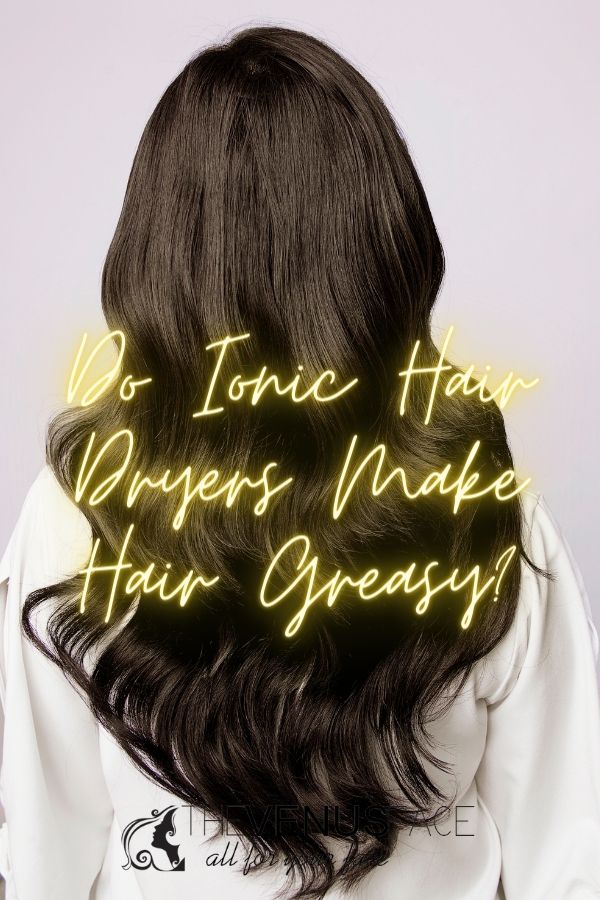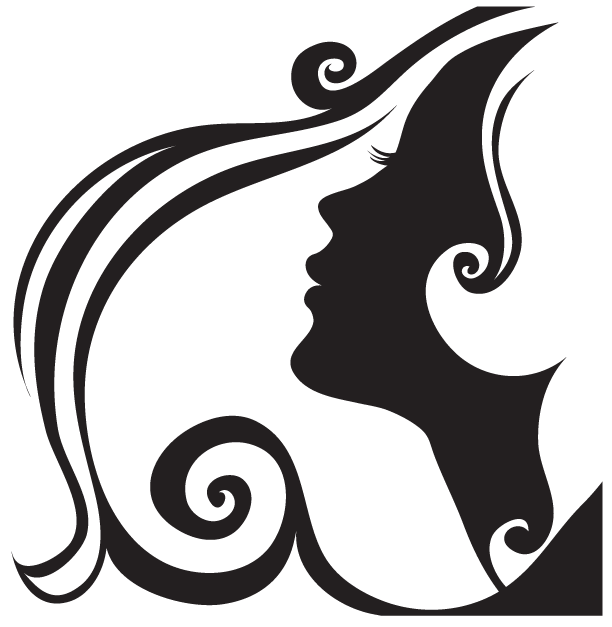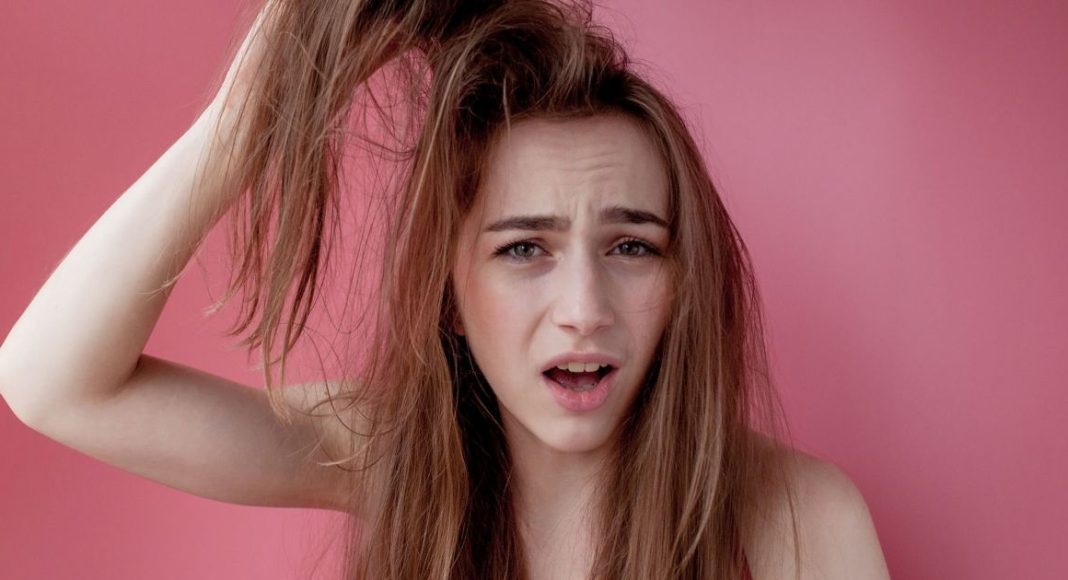If you’ve ever wondered about the impact of your hair dryer choice on the health and appearance of your locks, you’re in the right place. Today, we’re delving deep into the fascinating question: Do ionic hair dryers make hair greasy? It’s a topic that has sparked debates among beauty enthusiasts and left many of us pondering the science behind hair-drying technology. In this blog post, we’ll uncover the secrets behind ionic hair dryers, understand how they work, and determine whether they have the potential to leave your hair feeling oily. So, if you’re ready to discover the truth about ionic hair dryers and their influence on your tresses, keep reading!

Do ionic hair dryers make hair greasy?
Ionic hair dryers are designed to reduce frizz and promote shine by emitting negatively charged ions that help seal the hair cuticle. While some people believe that ionic dryers can make hair greasy due to increased oil production, this is not entirely accurate. Ionic dryers primarily address frizz and static by smoothing the hair’s outer layer, making it appear shinier and more manageable. They don’t directly cause greasiness.
However, using an ionic hair dryer improperly or using it too close to the scalp may indirectly contribute to greasiness. It’s essential to maintain a reasonable distance from the roots while drying to prevent excess oil stimulation. Additionally, individual hair types and conditions can vary, so the effect of an ionic hair dryer on greasiness may differ from person to person.
In short, ionic hair dryers are not inherently responsible for making hair greasy. Proper usage and consideration of individual hair characteristics are essential factors in achieving the desired results.
More: Are Ionic Hair Dryers Dangerous?
Why do ionic hair dryers make hair greasy after washing?
Ionic hair dryers are not inherently responsible for making hair greasy after washing. The perception of increased greasiness might arise from a misunderstanding of how ionic technology works. Ionic hair dryers emit negatively charged ions that help to reduce frizz and static by neutralizing positive charges on the hair. This process smoothens the hair cuticle, making it appear shinier and more manageable.
Greasy hair, on the other hand, is primarily caused by the overproduction of natural scalp oils (sebum). Ionic dryers themselves do not directly stimulate excess sebum production. However, if an ionic dryer is used too closely to the scalp or for an extended period, it can indirectly contribute to greasiness by overheating the scalp, potentially leading to increased sebum production.
To prevent this, it’s important to maintain a reasonable distance between the dryer and the scalp and avoid excessive heat exposure. Additionally, individual hair types and conditions can vary, so the effect of an ionic hair dryer on greasiness may differ from person to person.
Why does my hair dryer make my hair greasy?
Your hair dryer itself doesn’t directly make your hair greasy. Instead, several factors may contribute to the perception of greasiness after using a hair dryer:
Over-Drying
Excessive heat from hair dryers can strip your scalp and hair of natural oils, prompting your sebaceous glands to produce more oil to compensate. This overproduction of oil can make your hair appear greasy.
Close Proximity
Holding the hair dryer too close to your scalp can intensify heat exposure and potentially lead to increased oil production. It’s important to maintain a reasonable distance between the dryer and your scalp.
Product Buildup
Hair products like conditioners and styling products can accumulate on your scalp and hair, contributing to a greasy look when heat from the dryer is applied. Properly rinsing out products and avoiding excessive use can help prevent this buildup.
Hair Type
Some individuals naturally have oilier hair, and the heat from a hair dryer can exacerbate this condition, making it appear greasier.
To avoid these issues, consider using your hair dryer in a lower heat setting, holding it at a safe distance from your scalp, and ensuring your hair is clean and free from excessive product buildup. Additionally, it may help to select hair care products tailored to your specific hair type and needs.
What are the disadvantages of ionic hair dryers?
Ionic hair dryers offer benefits like reduced frizz and faster drying times, but they also come with potential disadvantages:
Dryness
Ionic hair dryers can make your hair look and feel drier if not used correctly. They work by breaking down water molecules quickly, which can lead to moisture loss from your hair and scalp, potentially causing dryness.
Electromagnetic Fields
Ionic dryers produce electromagnetic fields, which have raised some concerns about potential health hazards. While the debate on their safety continues, it’s advisable to limit exposure by not using them for extended periods.
Overuse
Excessive use of ionic hair dryers can be damaging to your hair. The high heat and rapid drying can lead to hair becoming brittle, prone to breakage, and potentially causing split ends.
Itchiness and Dandruff
Ionic dryers may dry out the scalp, leading to itchiness and dandruff for some individuals.
Incompatibility with Certain Hair Types
While effective for many, ionic dryers may not suit everyone. People with fine or already dry hair may find that these dryers exacerbate dryness and make their hair appear flat.
Cost
Ionic hair dryers can be more expensive than conventional ones, which might not fit everyone’s budget.
Do ionic hair dryers make your hair flat?
Ionic hair dryers are not inherently responsible for making your hair flat. Instead, they are designed to reduce frizz, promote shine, and create smoother hair. The negative ions they emit help seal the hair cuticle, resulting in a sleek and polished look. However, whether your hair appears flat or not depends on various factors such as your hair type, styling technique, and the products you use. For individuals with fine, thin hair, ionic dryers may make their hair appear smoother and potentially less voluminous, but with the right technique and products, it’s possible to achieve the desired volume while benefiting from the frizz-reducing properties of these dryers.
Does heat make your hair more greasy?
Yes, heat can make your hair more greasy. During the summer months, rising temperatures can lead to increased sweating, which in turn can stimulate the sebaceous glands in your scalp to produce more sebum, the natural oil that can make your hair appear greasy. This excess sebum production can be particularly noticeable in hot and humid weather.
Additionally, the moisture in the air during the summer can also contribute to greasier hair. High humidity can cause your hair to absorb moisture from the environment, making it feel and look greasier.
It’s important to note that while heat and humidity can exacerbate greasiness, individual factors such as genetics, hormones, and hair care routines also play a role in how oily your hair becomes.
To manage greasy hair in the summer, you can consider using products specifically designed for oily hair, adjusting your washing frequency, and avoiding excessive heat styling, as it won’t change your body’s oil production but can make your hair appear greasier if not properly managed


